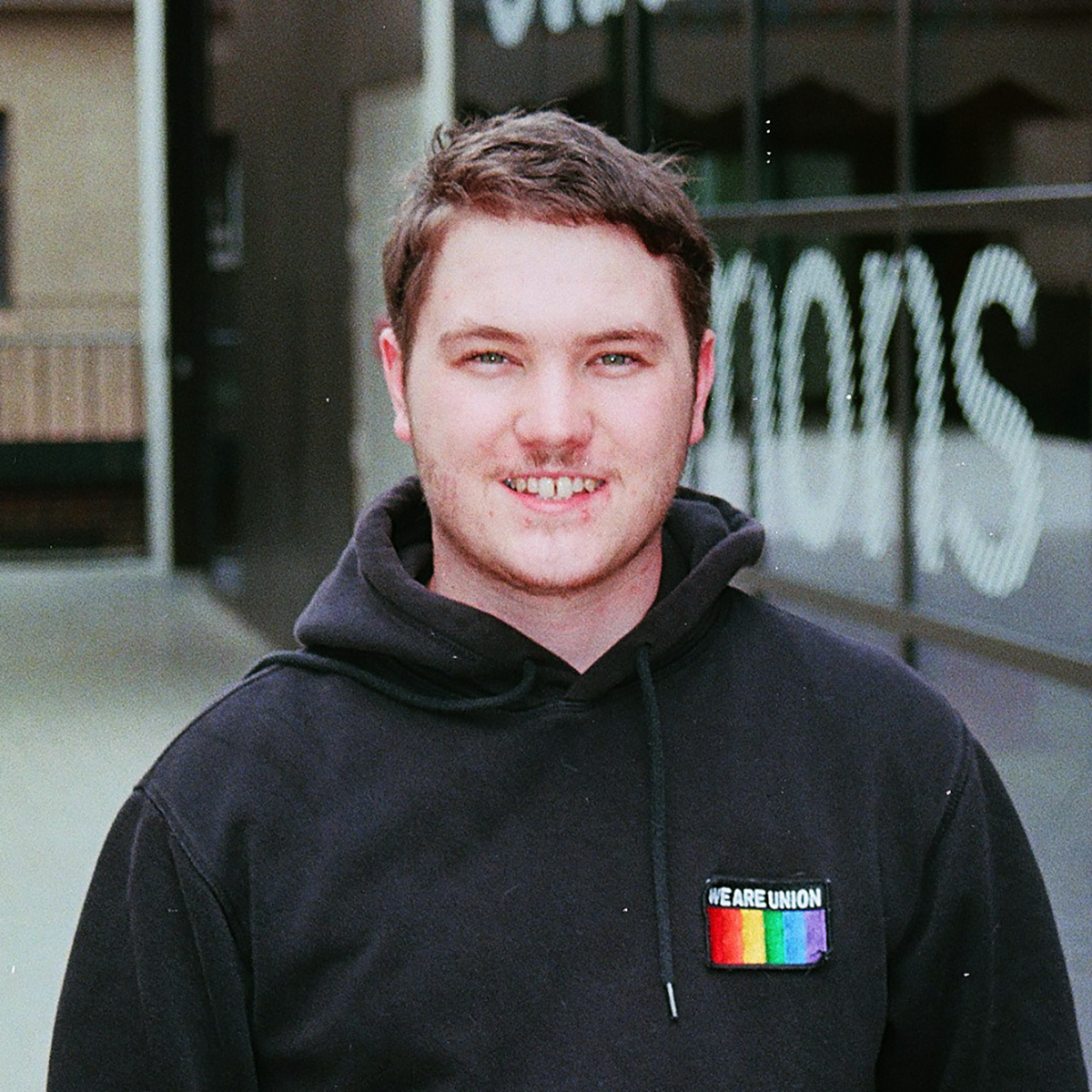The Democracy Society organised, and has now cancelled, a panel on immigration policy featuring (among other guests) Andrew Fraser.
I’ve decided to set out my thoughts on that subject in anticipation that, as a former Secretary of the Society, I’ll be asked my views on this event and its cancellation. These views are too complex to summarise succinctly, so I have set them out in this blog post.
I’m disappointed, for reasons I will set out later, that this guest was invited. Had I continued on the Society executive, I would not have supported extending the invitation to Professor Fraser.
I hope the Society executive, and future executives, will take this incident as an opportunity to learn. I hope that this incident does not destroy the Society’s ability or mission to foster debates on salient political issues on campus.
The purpose of the Society
The Democracy Society was founded to provide a space for non-partisan discussion of political issues on campus. Almost all the other political societies on campus are campus clubs associated with political parties. Groups of this kind, and events like those the Society organises, are common on other campuses. They are valuable spaces for cross-tendency political discussion.
Immigration is a salient political issue. As such, I do not think it should be entirely off limits for the Society to organise an event, even a panel or debate, about immigration policy. That said, it should have been apparent to the organisers that Drew Fraser would be a tough choice to justify.
Controversial guests
The Society has occasionally attracted controversy for its choice of guests. That’s the nature of events of this kind, but that does not mean that potentially controversial guests should be invited without serious consideration for what they would bring to the event and to campus.
Last year, we invited Eric Abetz, the convenor of a monarchist association, to put the case for monarchism: in the context of a panel debating republicanism and monarchism (a live tweet thread of which can be found here).
Some criticised this choice due to his views on other, largely unrelated issues (namely abortion and queer rights). We stood by that choice because his views on the panel subject, that Australia should remain a monarchy, is a widely held view in society that could hardly be described as offensive. We determined, rightly, that it was unlikely that Mr Abetz would go on weird rants about abortion or gay rights in a panel about who the head of state should be.
Professor Fraser, on the other hand, appears to hold views better described as being on the fringe of the debate. It is difficult to see what he could add other than controversy. In addition, unlike (for example) Mr Abetz’s views on gay marriage, which were irrelevant to the panel he was invited to, Professor Fraser’s views on race appear to be intimately related to his position on immigration.
Considering that Prof Fraser’s oeuvre includes statements like (I apologise in advance) “an expanding black population is a sure-fire recipe for increases in crime, violence and other social problems”, what would he add to the debate other than stirring up vitriol?
Governance
It is important to the running of any membership organisation that the board and membership be informed about what they are committing to. A society like the Democracy Society is not a one-man effort, nor should it be. While it can be difficult for everyone to find the time for a meeting to discuss things, there should at least be opportunities for input.
I learned shortly after the cancellation of the event that members of the executive were not made completely aware of the nature of the event. In particular, they were unaware of the nature of Prof Fraser’s views on non-white immigration. A scan of the executive group chat (which I had remained in to help with handover and have now left) suggests this consultation did not take place (or at least, not in the chat as previously done). This is not how previous executives have operated.
Although it was common for individual members of the executive to ‘take the lead’, so to speak, on events and activities there was always input and discussion with other executives. We would bounce ideas off each other, suggest guests or topics.
I understand these executive members, who are understandably embarrassed and frustrated, have now resigned. I hope the remaining members of the executive, and those who fill the casual vacancies, take this as a lesson for the importance of consultation.

Leave a Reply